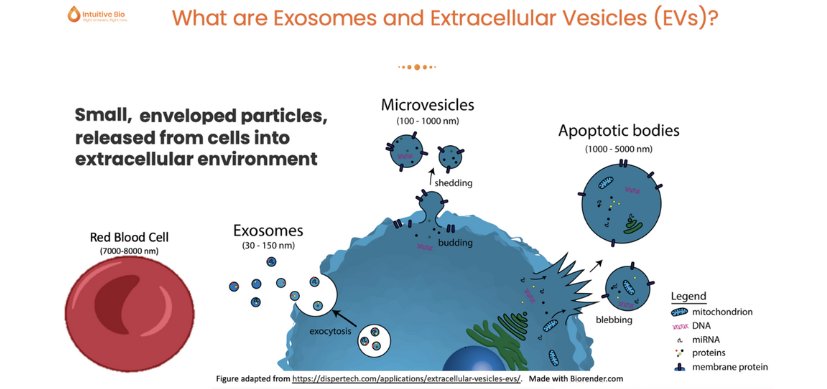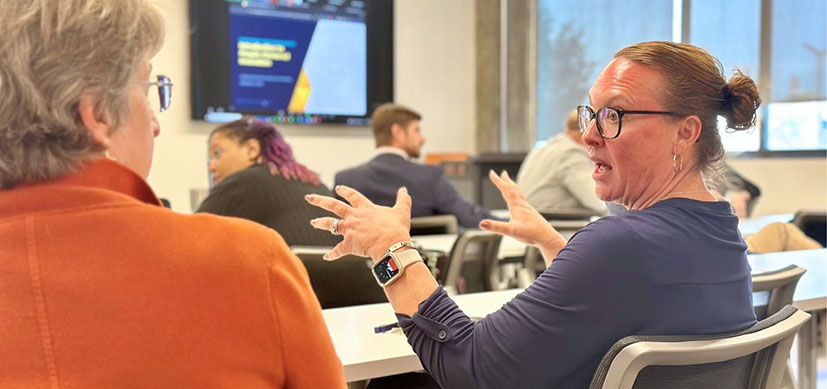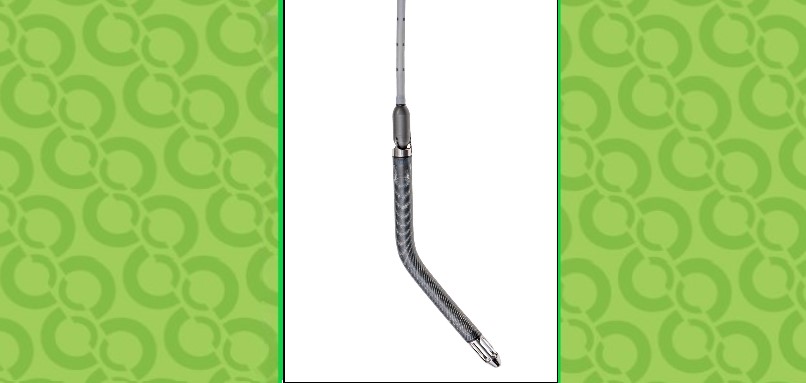Celebrating Women in Science
Post Date: September 10, 2024 | Publish Date:

For the Sept. 3 Pediatric Grand Rounds, a standing-room-only crowd and others livestreaming the event online heard from a panel of prominent female scientists and physicians who shared about their personal experiences as “women in science,” which happened to be the theme of the discussion.
Chair of Pediatrics, Chief Medical Officer, and Director of the Cincinnati Children’s Research Foundation, Tina Cheng, MD, MPH, served as the moderator, with five esteemed panelists sharing their own stories:
- Margaret Hostetter, MD, the first woman to serve as Cincinnati Children’s physician-in-chief, director of the Research Foundation, and B.K. Rachford Chair of Pediatrics from 2014 to 2020. Under her guidance, the health system remained as one of the top 3 pediatric hospitals in the nation, as ranked by U.S. News & World Report. Full-time faculty expanded by 8 percent, including recruitment of 13 division directors, and external research funding increased to $240 million.
- Theresa Alenghat, VMD, PhD, professor, Division of Immunobiology
- Andrea Beaton, MD, pediatric cardiologist and associate professor, Heart Institute
- Ekemini Ogbu, MD, MSc, assistant professor and director, Neuroinflammatory Disease Services in Rheumatology, and co-director, Cincinnati Children’s Lupus Center
- Amy Shah, MD, MS, professor and director, Adolescent Type 2 Diabetes Program and Endocrinology Research Operations
Cheng opened with a nod to Cincinnati Children’s history and past achievements, pointing out that—like many other pediatric hospitals—our health system was established by a group of women. She introduced Hostetter and the legacy she left at Cincinnati Children’s.
“We owe a debt of gratitude for the foundation she built and maintained for research here,” Cheng said. “Her nationally recognized career embodies research excellence and advocacy for the advancement of women in academic medicine.”
Cheng noted the Margaret K. Hostetter Endowed Chair, which recognizes female faculty who have developed and sustained outstanding research careers, and Alenghat, on the panel, who was recently named the second endowed chair. In 2021, the first-ever Hostetter Endowed Chair was awarded to Claire Chougnet, PhD, PharmD, professor, Division of Immunobiology.
The panelists then fielded questions about their careers, the critical factors that led to their success, issues confronting pediatric research, and balancing work and family life. All of them mentioned great mentors as a foundational aspect of their paths.
Advice from the Panelists
- Shah: Take clinical opportunities. “I had mentors that showed me the pathway to science and how there’s a great balance between seeing patients, but then really taking those patients and asking important research questions. One of my great mentors is in the audience today, Dr. [Larry] Dolan, and he really pushed me to take every opportunity that you have in the clinic, to really ask important questions and to try to understand why one patient might be different from another.”
- Beaton: Look for open doors. “The critical things that got me here were really watching for those open doors and being willing to jump into something I wasn’t sure I was going to do in life. Open doors: Watch for them. Enter them. Take a path you didn’t know you were going to take.”
- Ogbu: Be inspired by others. “There was a particular day I was like, ‘oh, this needs to be the end. I think I’m going to stop here.’ And my program director came in that morning, and she was complaining about one of the funniest scenarios that had to do with her child. That made me laugh a lot. It made me pause and see how real it is to be a physician, a mom, a researcher, and that I’m not the only one doing it. That really encouraged me to move on and push forward.”
- Hostetter: Be a partner. “Because all of us have been so well mentored, we feel the responsibility for being mentors ourselves and paying it back. Being a partner and an advisor can also be a very important aspect of mentoring rather than shouldering the entire burden for a person.”
- Alenghat: Give yourself grace. “Early on, I was watching one of these panels and heard the advice to make sure you have really strict boundaries when you stop the work and when you’re going to do things, and that actually stressed me out. I think this is different for everybody. I don’t worry about that, and I let things kind of merge into each other, and certainly there are times when I have more flexibility to do that.”
Watch a recording of the panel






Don’t Miss a Post:
- Subscribe to the Research Horizons Newsletter
- Follow Cincinnati Children’s Research Foundation on X: @cincyresearch





